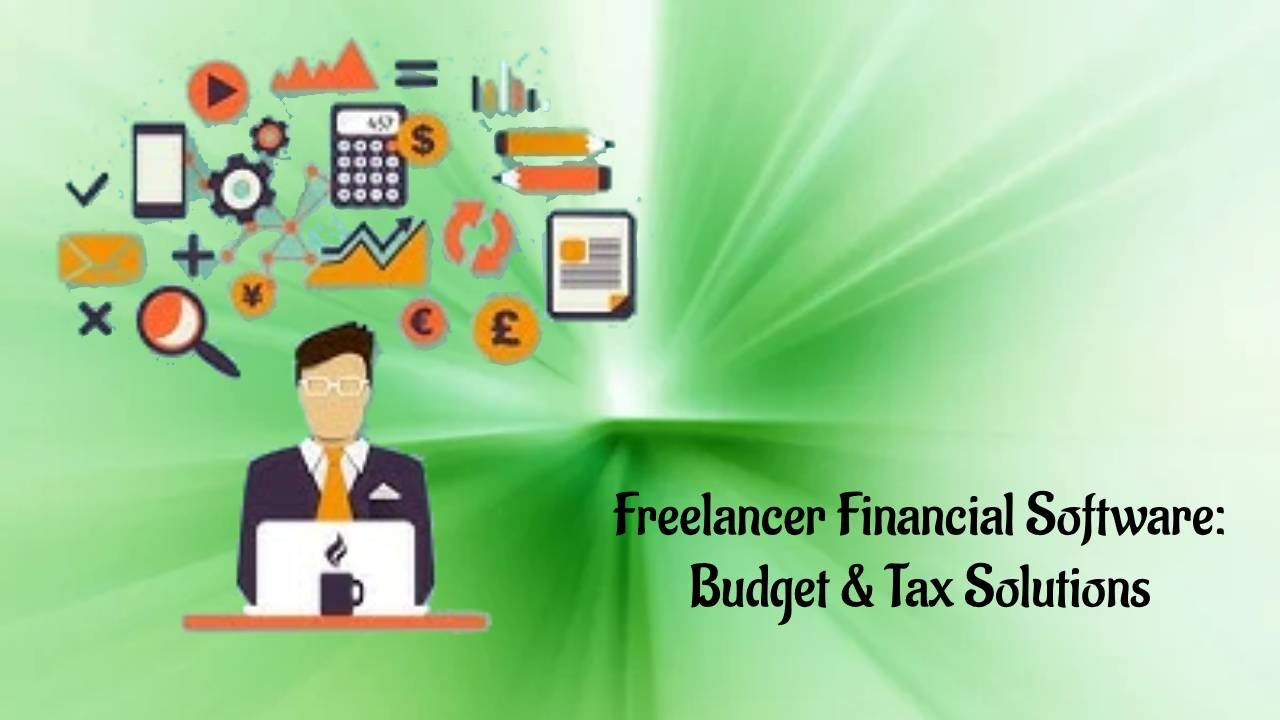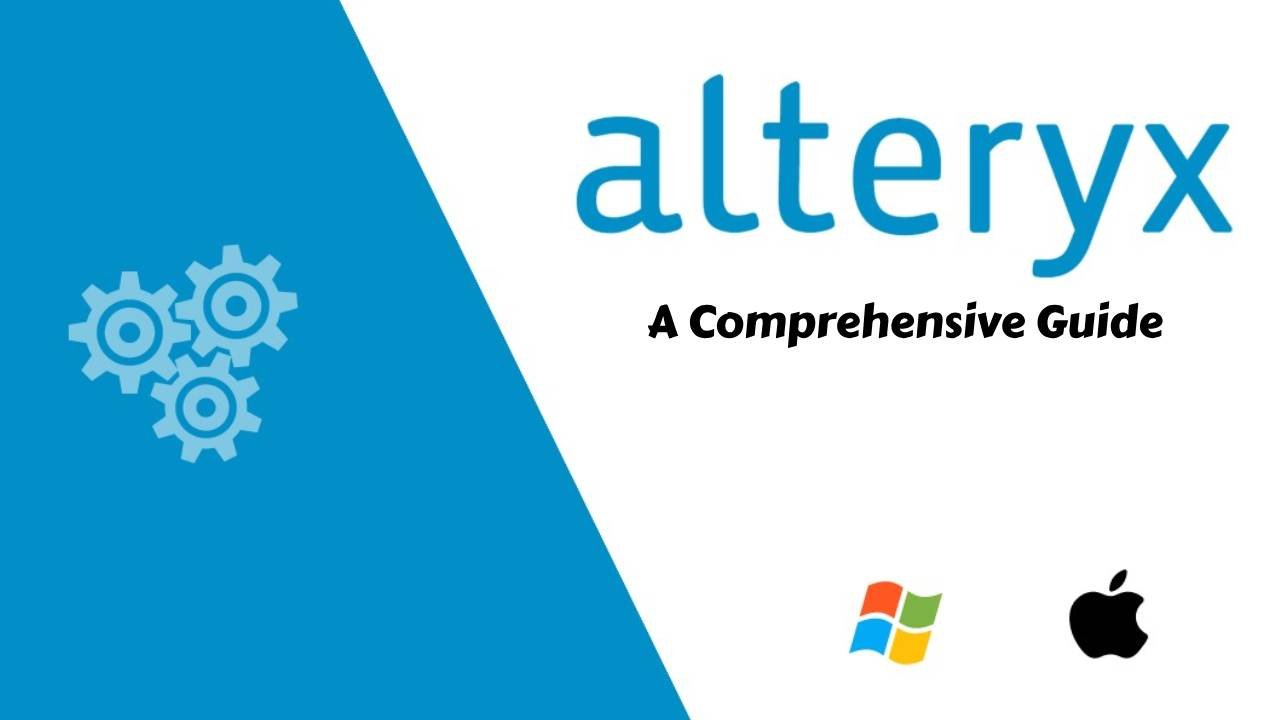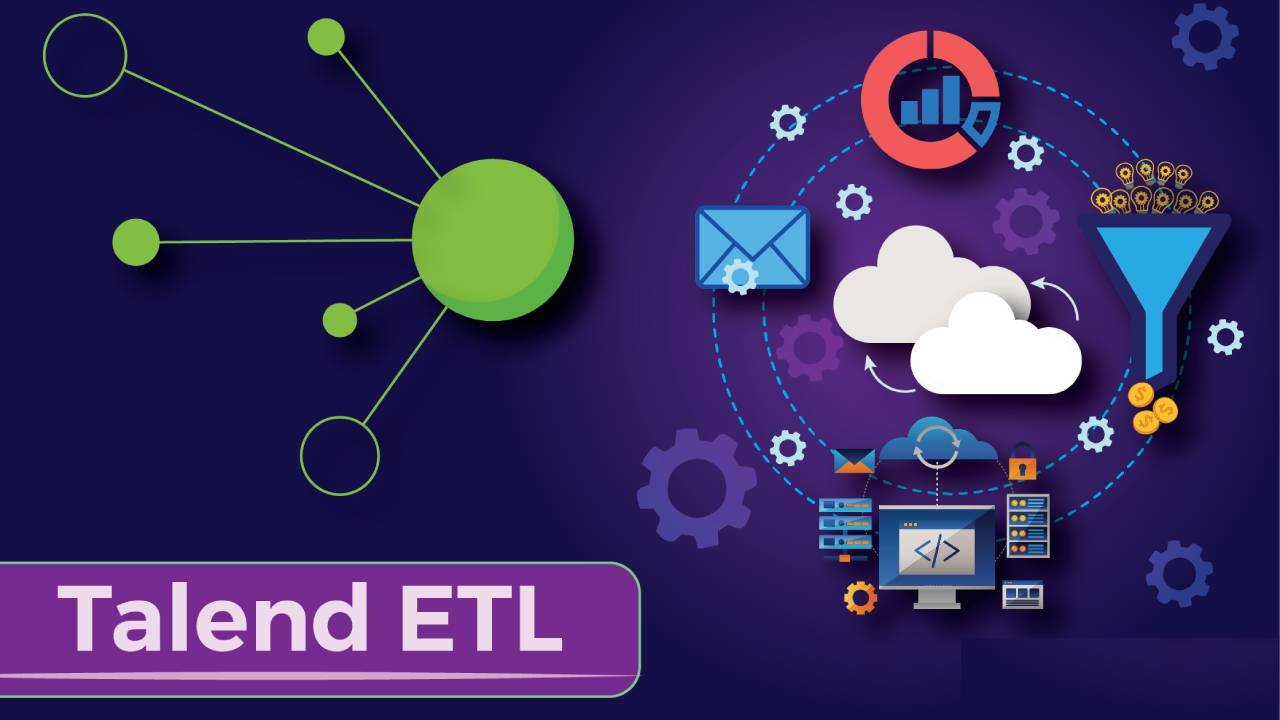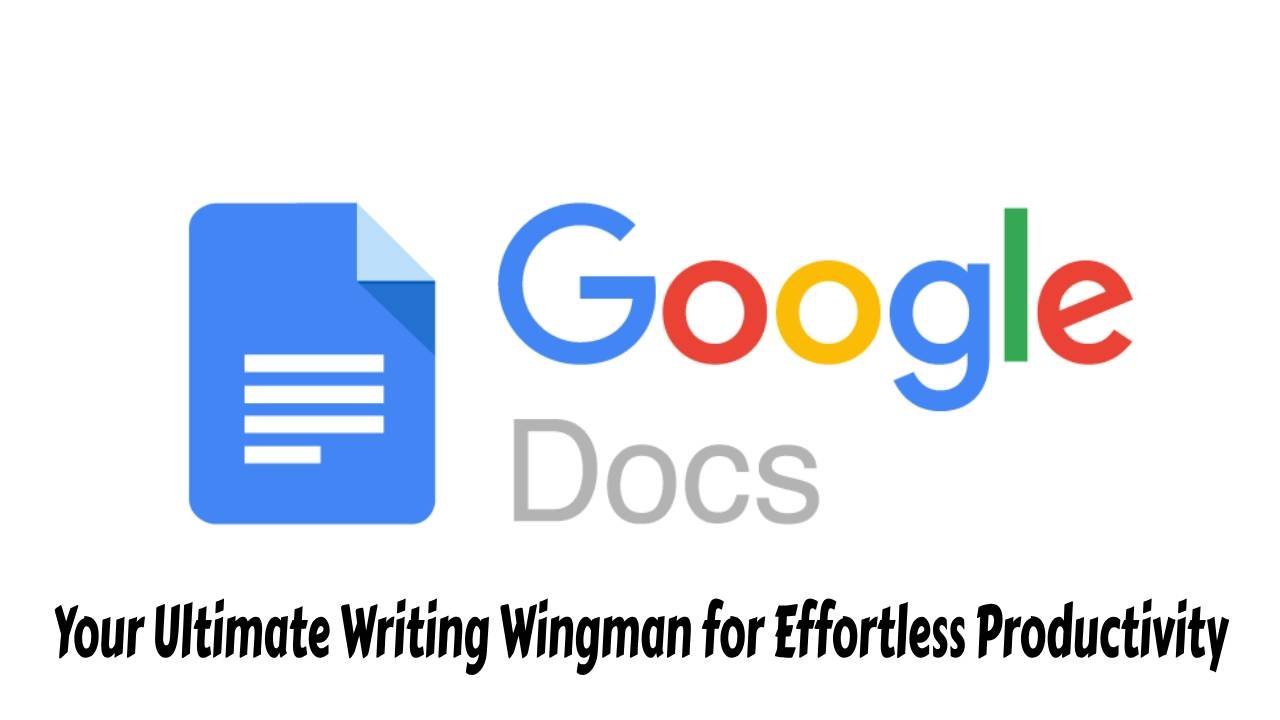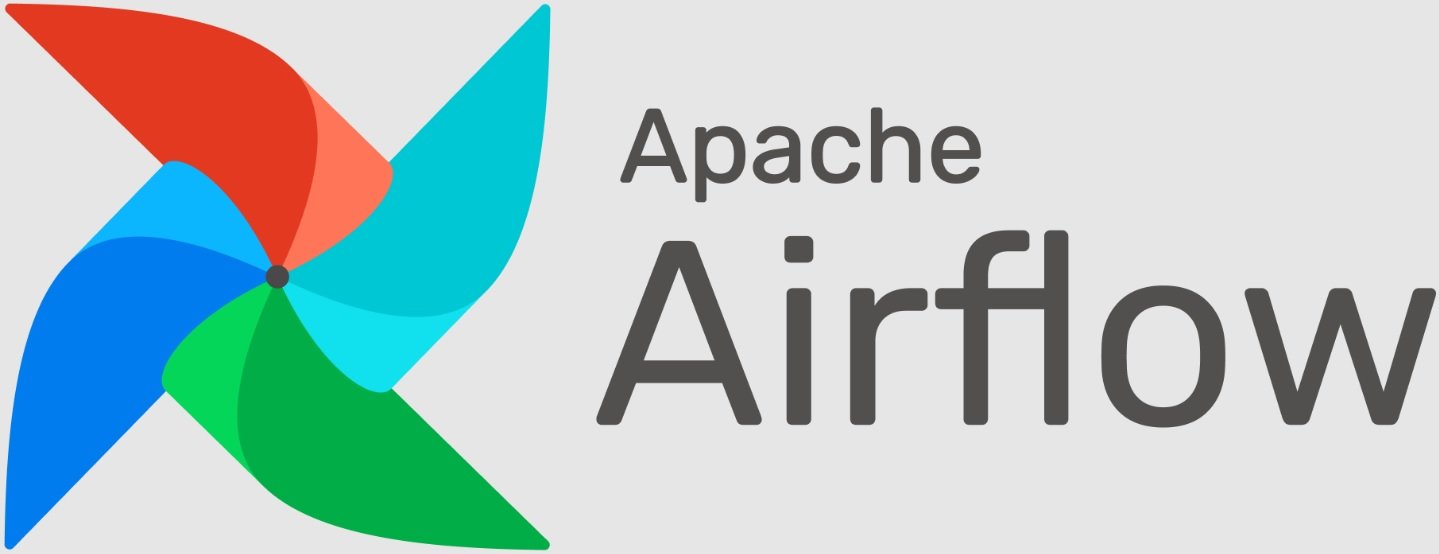Welcome to a world where freelancers are not just forging their paths, but also taking charge of their financial destinies with the help of powerful financial software.
In this age of digital empowerment, the rise of freelancing has transformed how we work and earn, creating opportunities as vast as the digital landscape itself. With the freedom to work on our terms comes the responsibility of managing our finances effectively. This is where the pivotal role of financial software comes into play, enabling freelancers to seamlessly navigate the intricate realms of budgeting and tax management.
In this article, we delve into the world of Financial Software for freelancers, exploring the ins and outs of budgeting and tax solutions that empower individuals to conquer their financial goals with confidence and clarity. So, let’s embark on this journey together, as we unlock the secrets to financial success in the modern freelance landscape.
Budgeting Solutions for Freelancers

Managing your finances as a freelancer might feel like embarking on a grand adventure, with each project offering a unique opportunity. Yet, amid the excitement, it’s crucial to navigate these uncharted waters wisely. This is where the power of financial software comes into play, helping you chart a course toward financial stability and success.
In this section, we’ll dive into the heart of budgeting solutions tailored for freelancers, exploring the essential aspects that ensure your financial voyage remains smooth and prosperous.
Understanding the Freelancer’s Income
As a freelancer, your income doesn’t flow in like clockwork – it’s more like a symphony, with different instruments contributing at varying intervals. You might land a high-paying gig one month and have a quieter period the next.
Understanding this fluctuation is key to effective budgeting. Start by analyzing your average monthly income over several months. This gives you a solid foundation to work from and helps you anticipate the lean and abundant months. Financial software acts as your conductor, helping you orchestrate these income variations into a harmonious budgeting strategy.
Tracking Expenses: A Crucial Step
Before you set sail on the budgeting journey, you need to know where your doubloons are going. Tracking your expenses is akin to creating a treasure map of your spending habits.
Financial software acts as your cartographer, meticulously plotting each expenditure on the map. From the grog at your favorite café to the parchment for your contracts, every piece of gold has its place.
This step is vital because it unveils spending patterns you might not have noticed otherwise. Transitioning from a vague idea of expenses to a detailed map of outflows empowers you to make informed financial decisions.
Budgeting Software Options
Now that you’ve set your compass bearing with a clear understanding of your income and a map of your expenses, it’s time to unfurl the sails of budgeting software. These tools transform the complex art of budgeting into a user-friendly experience. Here are some notable options:
- Mint: Mint acts as your trusty quartermaster, categorizing expenses, tracking bills, and even sending alerts when you’re nearing your budget limits. It’s like having a loyal shipmate who keeps a watchful eye on your financial horizon.
- YNAB (You Need A Budget): This financial software is akin to a seasoned navigator. YNAB guides you in assigning every doubloon a purpose, ensuring that no treasure goes unaccounted for. It’s a proactive approach to budgeting that prevents overspending and encourages savings.
- PocketGuard: Think of PocketGuard as your financial guardian. It vigilantly monitors your spending, helps you set spending limits, and even finds ways to trim unnecessary expenses. It’s like having a diligent sentry protecting your financial fortress.
- EveryDollar: EveryDollar functions as your financial artist, helping you craft a budget that aligns with your goals. By giving every piece of gold a role, you’re able to create a masterpiece of financial planning.
Tips for Successful Budgeting
Now that you’re equipped with the tools of the trade, let’s delve into some tips that will ensure your budgeting voyage stays on course:
- Categorizing Expenses: Just as a pirate sorts through treasure loot, categorize your expenses into clear and meaningful buckets. This helps you see where your gold is going and where you might need to tighten the purse strings.
- Setting Realistic Goals: Like planning a treasure hunt, set achievable financial goals. These could be saving a certain percentage of your booty or investing in a new ship. Realistic goals motivate and guide your financial decisions.
- Regularly Reviewing and Adjusting: A savvy captain doesn’t set a course and forgets about it. Similarly, regularly review your budget, especially after a lucrative voyage or a lean season. Adjust your financial sails to reflect your changing circumstances.
Embarking on a budgeting journey as a freelancer might seem daunting, but with the aid of financial software, you’re armed with a treasure map to financial success.
Understanding your income, tracking expenses, utilizing budgeting software, and following essential tips will help you navigate these waters with confidence. So, hoist the flag of fiscal responsibility and set sail on a course toward a prosperous freelance future.
Tax Management Tools for Freelancers

Ahoy, fellow freelancers! As you navigate the open waters of self-employment, the winds of taxation may blow strong. Yet, fear not, for your trusty financial software shall serve as your compass, guiding you through the intricacies of tax management.
In this section, we’ll embark on a voyage through the realm of tax responsibilities, deductions, and an armada of tax software solutions ready to aid you on your fiscal journey.
The Freelancer’s Tax Responsibilities
Before we set sail, it’s crucial to grasp the helm of your tax responsibilities. As a freelancer, you are the captain of your financial ship and the tax collector of your earnings. Unlike those in traditional employment, your treasure chest of earnings is not taxed upfront.
Instead, you are required to report your income and pay taxes on it. Consider financial software your first mate, helping you calculate your taxable income, understand your tax bracket, and ensure you’re prepared to navigate the tides of taxation.
Deductions and Write-Offs: What You Need to Know
Ahoy, treasure hunters! The realm of deductions and write-offs is where the savvy freelancer can uncover hidden riches. Just as a pirate claims buried booty, you, too, can claim business-related expenses as deductions, reducing your taxable income. These can include expenses like your home office, equipment, travel, and even a share of your internet expenses.
Financial software transforms into your treasure map, meticulously tracking and categorizing these expenses, ensuring you don’t miss a single doubloon you’re entitled to.
Tax Software Solutions
Prepare to set sail with a fleet of tax software solutions that simplify the tax-filing process for freelancers:
- TurboTax Self-Employed: This trusty companion serves as your co-captain, guiding you through the process of reporting your freelance income, identifying deductions, and ensuring your tax return is shipshape and ready to sail.
- H&R Block Self-Employed: Much like a seasoned navigator, H&R Block Self-Employed assists you in organizing your financial cargo, calculating your taxes, and ensuring you capitalize on all available deductions.
- TaxAct Freelancer: Consider TaxAct your ship’s logbook, designed specifically for freelancers. It assists in unraveling deductions, ensuring your tax journey is smooth and your treasure chest of deductions is maximized.
- QuickBooks Self-Employed: This software transforms into your financial compass, aiding you in tracking income and expenses, and simplifying tax time with well-organized financial records.
Keeping Track of Deductions and Receipts
Navigating the treacherous waters of tax deductions requires meticulous record-keeping. Treat your deductions and receipts as the X that marks the spot on your treasure map.
Financial software functions as your scribe, recording expenses and allowing you to upload receipts digitally, ensuring no deduction goes unnoticed.
Estimated Quarterly Tax Payments
Ahoy, ye prudent sailors! The seas of taxation are navigated not just once a year but quarterly. Estimated quarterly tax payments are your lifeline to staying afloat amidst the tax currents.
These payments prevent the sea monsters of penalties from arising. Your financial software transforms into your calendar, reminding you of these crucial deadlines and ensuring your course is true.
Working with an Accountant or Tax Professional
Should you encounter a perfect storm of tax complexity, seek the shelter of an experienced harbor – an accountant or tax professional. These experts are your seasoned captains, guiding you through tumultuous waters with their wealth of knowledge. Financial software becomes your bridge, allowing you to easily share financial records, ensuring a smooth and collaborative tax journey.
In the grand adventure of freelancing, the seas of taxation can be tumultuous, yet with the aid of financial software and a firm understanding of tax responsibilities, deductions, and tax software solutions, you’re armed to face any storm.
Chart your course, hoist your sails, and navigate the waters of taxation with confidence, for the treasure of financial success awaits those who steer their ship wisely.
Integrating Budgeting and Tax Tools
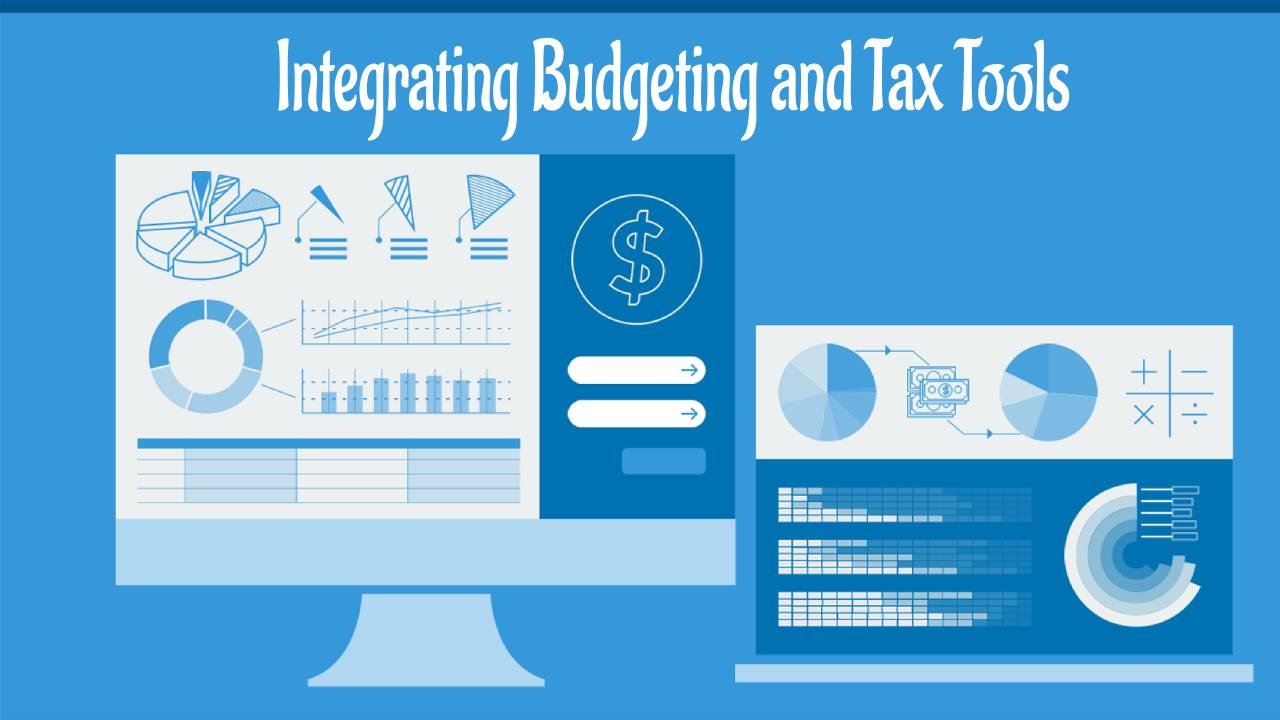
Ahoy, young adventurers of the financial realm! As you journey through the seas of freelancing, you’ll discover that effective financial management is like a well-choreographed dance. Your partners in this dance are the budgeting and tax tools – your trusty companions aboard the ship of financial success.
In this section, we shall unveil the harmonious partnership between budgeting and tax management, revealing how they work together seamlessly to guide you through the waters of fiscal responsibility.
The Synergy between Budgeting and Tax Management
Picture this: your financial ship sailing under a clear sky with a brisk wind, guided by the stars of budgeting and tax tools. Budgeting serves as your compass, helping you allocate resources wisely, while tax management ensures you sail within the safe waters of compliance.
The synergy between these two elements is like the balance of a ship on the open sea. Financial software acts as your navigator, aligning the stars of your budget and tax goals, ensuring you chart a steady course toward financial success.
Streamlining Financial Data
Navigating the complexities of freelance finances requires a well-ordered ship, with financial data organized and ready for action. Financial software is like your ship’s deckhand, diligently collecting and organizing your financial data in one place.
This consolidation allows you to see the bigger picture, making it easier to assess your financial health, plan for upcoming expenses, and allocate resources efficiently.
Automating Expense Tracking and Categorization
Gone are the days of manual record-keeping, for financial software offers a magical touch of automation. It’s like having a crew of diligent helpers that categorize your expenses as soon as they occur.
Just as a map guides you through unfamiliar lands, the software maps your expenses, ensuring you know exactly where your gold is flowing. This automation not only saves time but also provides you with accurate and up-to-date insights into your financial voyage.
Generating Tax Reports from Budgeting Apps
As you approach the fiscal port of tax season, the ability to generate tax reports from your budgeting app becomes invaluable. Think of it as a lighthouse guiding you to a safe harbor.
Your financial software, acting as your beacon, allows you to effortlessly generate detailed reports that highlight your income, expenses, and potential deductions. These reports serve as your ship’s log, ensuring a smooth passage through the turbulent waters of tax filing.
The integration of budgeting and tax tools is akin to a symphony – a harmonious collaboration that produces a melodious tune of financial stability and success. As you dance along this financial journey, remember that financial software serves as your partner, your compass, and your guide.
With its assistance, you’ll navigate the waters of budgeting and tax management with the confidence and grace of a seasoned sailor. So, set sail with your financial software by your side, and let the dance of fiscal prosperity commence!
Case Studies: How Freelancers Benefit

Ahoy, young learners of the financial seas! Settle in as we embark on a voyage through the real-life tales of freelancers who harnessed the power of financial software to steer their ships toward success.
In this section, we’ll delve into three captivating case studies that illustrate the profound impact of integrating financial software into the lives of freelancers, showcasing how these tools transformed their financial journeys.
Case Study 1: Managing Finances and Taxes with Software YNAB
Meet Captain Alex, a talented freelancer navigating the world of graphic design. Like a ship without a compass, Alex found it challenging to manage the ebb and flow of income, and tax season was akin to a storm on the horizon. That’s when Alex hoisted the flag of change and embraced the financial software YNAB (You Need A Budget).
Outcome: YNAB became Alex’s financial anchor, helping categorize expenses, allocate funds for taxes, and prioritize financial goals. The software’s proactive approach to budgeting ensured that no doubloon went adrift. Come tax season, Alex smoothly sailed through the turbulent waters, armed with organized financial records and accurate reports, ensuring a stress-free filing experience.
Case Study 2: Navigating Tax Season as a Freelancer with Software QuickBooks Self-Employed
Allow us to introduce Captain Lily, a wordsmith who thrived in the realm of freelance writing. However, come tax season, the labyrinth of self-employment taxes felt like uncharted territory. Lily seized the helm and incorporated the financial software QuickBooks Self-Employed into her crew.
Outcome: QuickBooks Self-Employed transformed Lily’s financial voyage. The software simplified expense tracking, enabling her to effortlessly categorize her spending. As tax season loomed, Lily’s financial records were shipshape and ready to be exported for tax preparation. With the software’s insights, she confidently sailed through tax filing, ensuring she maximized deductions and set sail toward a smooth financial horizon.
Case Study 3: Achieving Financial Goals Through Budgeting and Tax Solutions
Our final tale introduces Captain Max, a skilled coder who sought to steer his financial ship toward prosperous shores. Despite a strong windfall from his projects, Max’s financial sails were unfurled, and he yearned to chart a course toward financial goals. Enter the synergy of budgeting and tax software.
Outcome: Max harnessed the combined power of financial software, creating a budget that factored in both business and personal expenses. He set realistic goals for savings and investments, ensuring his financial compass pointed true north. With the aid of tax software, Max not only navigated the tax season seamlessly but also uncovered hidden deductions, adding precious doubloons to his chest. Through this harmonious partnership, Max achieved his financial aspirations with a steady hand on the helm.
These case studies are like ancient maps, guiding you through the uncharted waters of freelancing. The tales of Captain Alex, Captain Lily, and Captain Max serve as beacons, illuminating the transformative potential of financial software.
As you traverse your freelance journey, remember these stories – for they remind us that with the right tools and a dash of determination, you can steer your ship toward the sunlit shores of financial prosperity.
Best Practices for Financial Software Adoption

Ahoy, young learners of the fiscal realm! As you set sail on the sea of financial software, it’s essential to steer your ship with wisdom and care. In this section, we’ll unveil a treasure trove of best practices that will guide you through the process of adopting financial software, ensuring a smooth voyage toward effective financial management.
Evaluating Your Specific Needs
Before you hoist your financial sails, take a moment to chart your course. Just as a navigator plots a route, evaluate your specific needs and goals. Are you a freelancer seeking budgeting solutions or a captain of a small business in search of comprehensive financial management? By understanding your needs, you’ll be better equipped to choose the right financial software that aligns with your journey.
Security and Data Privacy Considerations
The safety of your treasure chest – your financial data – is of utmost importance. When selecting financial software, consider the security measures it offers. Look for robust encryption, secure data storage, and two-factor authentication.
Your financial software is like a fortress, safeguarding your valuable information from virtual pirates. Prioritize software that places a premium on data privacy, ensuring your sensitive information remains under lock and key.
Regular Updates and Support
In the ever-changing seas of technology, regular updates are like repairing the ship’s hull to keep it seaworthy. When choosing financial software, opt for a provider that offers frequent updates and improvements. These updates often introduce new features and fix bugs, ensuring a smooth sailing experience.
Additionally, seek software that provides reliable customer support – your lifeline in times of need. Like a lighthouse guiding ships to safety, prompt and effective support can be the difference between a minor squall and a full-blown storm.
Learning Curves and User-Friendly Interfaces
As you embark on this financial journey, remember that even the most skilled sailors were once novices. Consider the learning curve associated with the chosen financial software. Seek software with a user-friendly interface that allows you to navigate with ease.
The software’s interface is like a well-designed map, guiding you through the various features and functionalities. Opt for software that offers tutorials, guides, and a responsive help center – these resources are your crew, ready to assist you in mastering the art of financial management.
By following these best practices, you’ll be well-prepared to navigate the seas of financial software adoption. Just as a seasoned captain surveys the horizon before setting sail, evaluate your needs, prioritize security, embrace updates, and select software with a user-friendly interface.
With these practices as your compass, you’ll embark on a voyage of financial empowerment, where the waters of effective financial management are calm and the shores of prosperity are within reach.
Conclusion
In the grand tapestry of freelance life, the threads of financial management are woven seamlessly by the invaluable tool that is financial software. As you embark on your journey as a freelancer, remember that these digital companions are more than mere numbers and algorithms – they are your trusted allies, guiding you through the labyrinth of budgeting and tax responsibilities. By embracing the power of financial software, you empower yourself to take the helm of your financial ship with confidence.
Embracing technology is the compass that steers you toward long-term success, ensuring your treasure chest of earnings is well-guarded, your expenses are managed with precision, and your tax obligations are met without turbulence. So, young sailors of the financial seas, I encourage you to share your thoughts and experiences in the comments below and don’t forget to share this valuable information with your fellow adventurers.
With the wind of knowledge in your sails and financial software at your side, you’re destined to conquer the vast ocean of freelance financial management. Set sail, dear readers, and may your journey be prosperous and your treasure trove of wisdom ever-growing.

